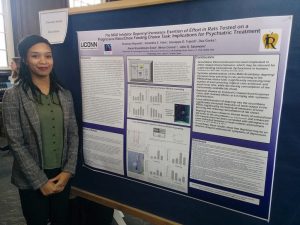Dr. Romanoff has witnessed significant gains and challenges in the field of pain management since beginning his career as an anesthesiologist in 1987. The increased use of controlled opioid medications for non-malignant chronic pain has proved controversial, providing much needed aid to many individuals while fostering an epidemic of overdoses and addiction in both patients and society. Dr. Romanoff is on the committee on Narcotic Use and Diversion of the North Carolina Medical Society in North Carolina (NC), one of four states with the highest incidence of abuse. In 2007, Dr. Romanoff helped create a centralized database of all controlled medicines in NC. In addition, he has participated in several state-wide committees focusing on developing protocols and policies for the reporting and monitoring of narcotic use. In 2013, he was selected to participate in Project Lazarus–an educational and mentoring program set up by the NC Department of Health and Human Services. Dr. Romanoff’s continued lecturing, mentoring, and advising display his efforts to combat prescription drug abuse and ensure safe access to medication for those in need.
